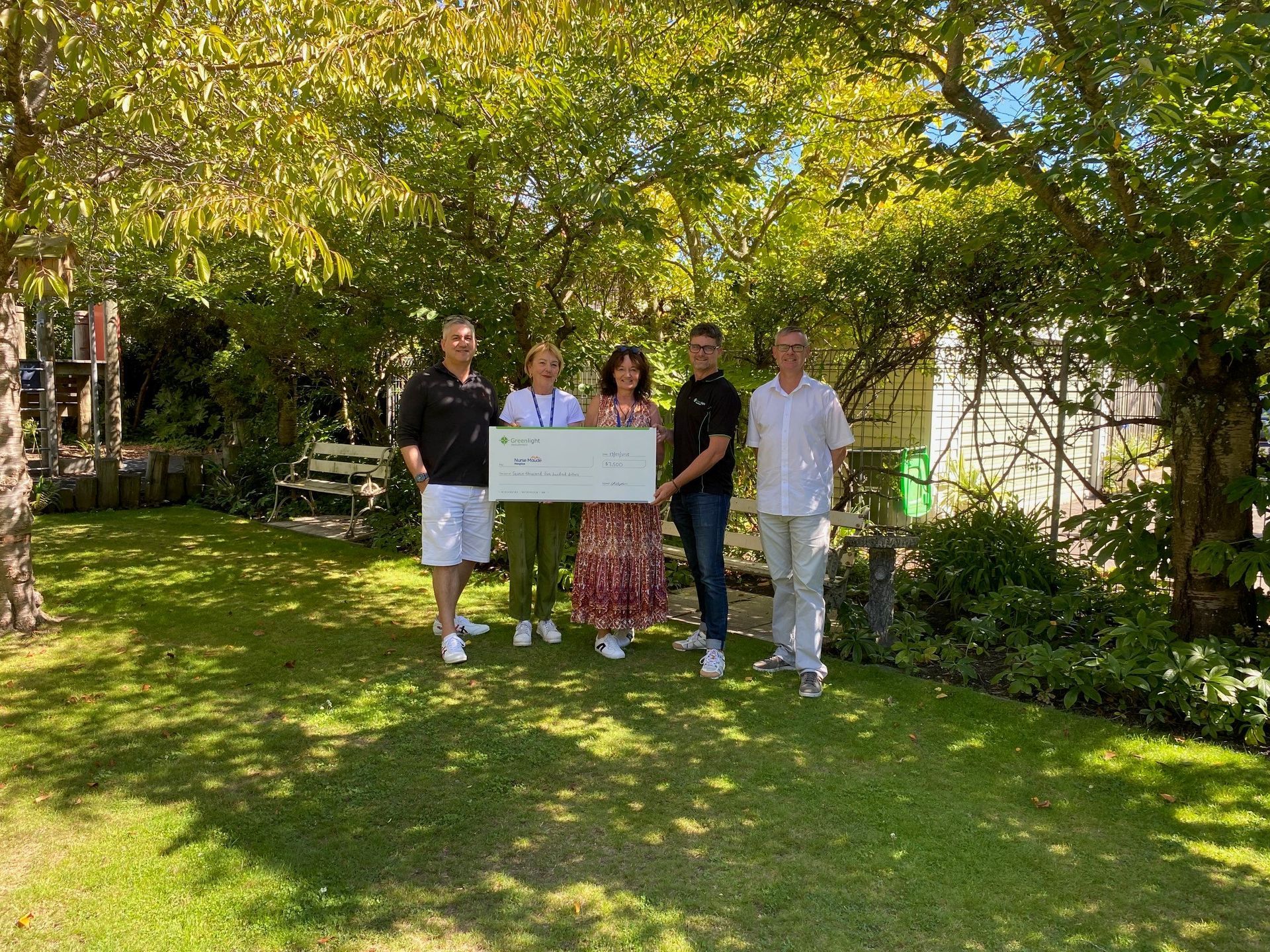Palliative Care in the Community
About palliative care
Palliative care helps people with a life-limiting illness live their life as fully and comfortably as possible. Palliative care identifies and treats symptoms which may be physical, emotional, spiritual, or social. It is care that supports whānau and friends by providing practical and emotional support
Primary palliative care in the community
Most palliative care is provided by General Practice teams and district nurses. This is called primary palliative care. All people referred for palliative care are allocated to a district nursing service for primary palliative care alongside the GP. Often this support is enough to help patients manage and stay in their own home for as long as possible without the involvement of specialist palliative care.
Specialist Palliative Care
Sometimes GPs, district nurses or other health providers request additional advice or support from Specialist Palliative Care. Specialist palliative care teams have staff with additional training and expertise and are skilled in monitoring and supporting patients at home who may have more complex symptoms causing concern. In canterbury, community specialist palliative care is provided by the Nurse Maude Hospice Palliative Care Service.We also provide short term specialist inpatient hospice care at the Nurse Maude Hospice in Merivale.
Specialist palliative care services work closely with general practice teams and district nurses who will continue to provide most of the palliative care to patients, even if they have been referred to specialist services. The GP remains the patient’s day to day doctor and prescriber. The GP can ask the Specialist Palliative Care doctor for advice or to visit if needed. Specialist palliative care never takes over the care of the patient.
Referrals
Referrals can be made by any health professional and will be accepted if the referral meets all the criteria for specialist palliative care.
If the referral is accepted, a member of the team arranges to meet the patient either at a clinic or at their home. An assessment will be completed, and care planned. Further visits are arranged if required, but it is usually the district nurses who provides ongoing palliative support at home.
If the patient’s condition stabilises and specialist palliative care services are no longer appropriate, the patient will be discharged from our care. This will be discussed together. The district nurse and GP will usually continue to be involved in any ongoing palliative care needs. It is, however, very easy for us to become involved again if the patient’s condition changes.
Services
Palliative care is very much a team approach – some team members can help with a specific issue for a short period of time while others may become involved for longer periods. Care is tailored to an individual’s need, and may be offered by some, or all, of the following team members:
- Specialist nurses: some patients will have a palliative care nurse specialist who assists with symptom management and advice and liaises with any other services involved. There is also a team who can support people in residential care.
- Specialist Doctors: provide advice and support to nurses and GPs. Specialist doctors are available to see patients who have complex symptoms or concerns which are unable to be fully resolved by specialist nurses and their GP. Doctors may see patients in the outpatient clinic or at home and will always keep the patient’s own GP informed. The GP will continue to be the main prescriber of any medicines needed.
- Family Support Team: offer information, advocacy and personal, practical and spiritual support to patients and their whānau. The team consists of counsellors, spiritual care worker and Māori liaison.
- Social Workers: support psychosocial wellbeing of patients and whānau. They can help with many of the practical issues facing people and are able to provide information about community resources which may assist patients and whānau.
- Needs Assessors: discuss what support is available to stay at home. If staying safely at home isn’t possible, they work with the patient and their whānau to provide information and options for longer term residential care.
- Dietitian: offer suggestions on eating, and food and fluid choices to help manage symptoms such as nausea, constipation and taste changes.
- Occupational Therapist: focuses on a patient’s ability to undertake self-care, leisure or work-related activities. To achieve this, they may suggest modifying activities or provide equipment that maximises independence and safety.
Further information
All Nurse Maude services are free to patients and their whānau with costs partially met by the government and the remainder through the generosity of the community.
If you or your whānau have any concerns, please talk to a member of the Nurse Maude team. We appreciate that this situation may be completely unfamiliar for you. Please allow us to assist you with your concerns no matter how small they may seem. We value your perspective and want to work in partnership with you to provide the best possible care.
24-hour contact
Please contact your GP or district nurse. Advice is also available 24 hours a day, seven days a week from the hospice.



